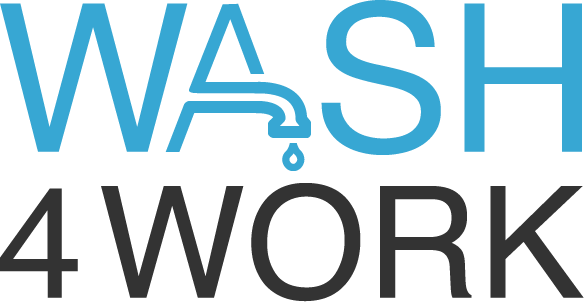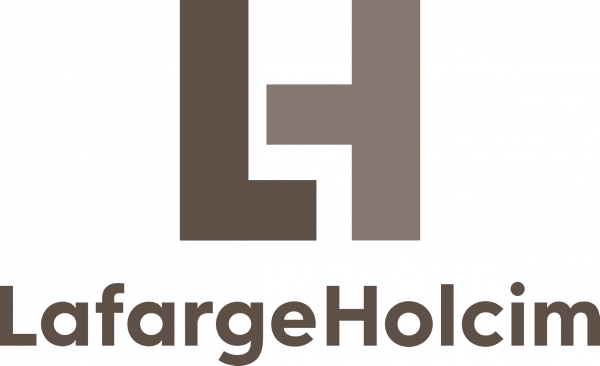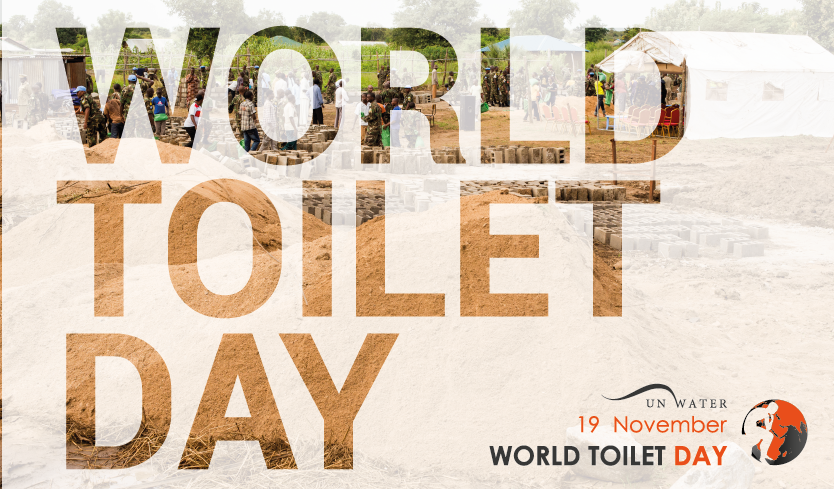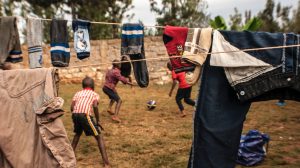Overview
The World Business Council for Sustainable Development WASH Pledge aims to secure appropriate access to safe drinking water, sanitation and hygiene for all employees and contractors in the workplace. LafargeHolcim has plans in place to be fully compliant by 2020.
In addition, LarfargeHolcim has pledged to support India’s Prime Minister Narendra Modi’s campaign for an Open-Defecation Free (ODF) India by October 2019 through the construction of 120 million toilets in rural areas. LafargeHolcim will support this effort by using its cement and building materials expertise to construct 3 million toilets. The work on toilets in India is being led by two of LafargeHolcim subsidiaries, ACC Limited and Ambuja Cements Limited. Their initiatives are helping deliver two of the four areas of The 2030 Plan, namely People & Communities and Water & Nature.
Pilot projects and community investments completed by ACC Limited and the Ambuja Cement Foundation (the Corporate Responsibility arm of Ambuja Cements Limited), involve community outreach on sanitation topics, as well as the construction of toilets in villages, schools and urban communities.
LafargeHolcim’s 2030 Plan focuses on 5 areas of action: People, Communities, Climate, Circular Economy, Water, and Nature. It focuses on responsible and sustainable business practices throughout their value chain.
Targets of the 2030 Plan for water and nature:
By 2030: Reduce the amount of freshwater withdrawal per tonne of cement by 30% (vs 2015).
Make a positive impact on water resources in areas where it is scarce.
Demonstrate a global positive change to biodiversity in LafargeHolim mining sites by 2030.
Provide all employees and contractors with access to safe water, sanitation, and hygiene on all company sites by 2020.
Country(ies) where the intervention is taking place
India, Lebanon, others.
Lead Organization
LafargeHolcim.
Who is involved?
Ambuja Cement Foundation (ACF), World Business Council for Sustainable Development (WBCSD), ACC Limited.
Objectives
LafargeHolcim wants to make sure that all employees and contractors can access safe water, sanitation, and hygiene on all their sites by 2020.
LafargeHolcim intends to sign the “WASH Pledge at the Workplace,” an initiative developed by the WBCSD, of which LafargeHolcim is a member. By signing the pledge, companies commit to providing employees and contractors with safe WASH at all operations within three years.
In 2016, all LafargeHolcim countries completed a WASH self-assessment to determine their baseline, and action plans to address shortfalls are currently being developed.
Objectives:
By 2020: WASH Pledge signed and all sites compliant with WASH Pledge.
By 2030: All sites compliant with WASH Pledge.
ACC Limited and the Ambuja Cement Foundation (the Corporate Responsibility arm of Ambuja Cements Limited), have been undertaking some initiatives in India involving community outreach on sanitation topics, as well as the construction of toilets in villages, schools and urban communities.
Target markets
Construction materials (cement, aggregates, ready-mix concrete, concrete, and asphalt products), communities and workplace sites.
Workplace Setting
Rural communities, workplace, communities.
Scope of intervention
Communities, schools and direct operations.
Which elements of WASH are covered?
Water, sanitation, hygiene; sanitation and hygiene practices through behavioral change.
Which elements of the Framework for Business Action on WASH are covered?
Taking action.
Methodology and tools that have been developed or are planned
Indicators/metrics that have been developed to monitor/track progress
LAFARGEHOLCIM:
Around one third of LafargeHolcim’s cement production is in water-scarce areas. LafargeHolcim has a commitment to sustainability and a strong business motivation to manage water sources effectively.
LafargeHolcim is committed to work towards more efficient, equitable, and sustainable water resources management in water-scarce areas by making available more water (and of better quality) to communities and nature.
By using a methodology reviewed by the Swiss Development Agency, the Positive Water Index for each site will be assessed through a Water Credit/ Water Debit approach.
THE WATER CREDIT/DEBIT APPROACH
This approach will consider both quantitative and qualitative dimensions.
Building on previous experiences, different categories of projects enhancing water sustainability will be deployed. These include:
watershed protection and restoration: recharge of natural water sources; construction of check dams to intercept run-offs; and reforestation
water access and sanitation: improvement of access to safe water through well construction and development of sanitation solutions
water for productive use: use of treated wastewater for water-efficient irrigation and agricultural practices
They are planning to build their actions on the existing knowledge of local communities and partners, and will conduct public education, awareness, and training programs with stakeholders.
Government partners and/or the local policy environment
A key aspect of the Open Defecation Free Program is the support of the government, who provides a subsidy for financing toilets in India, hence making it easier for companies to support and for communities to engage in their construction.
Outcomes, successes and ongoing challenges
Financing of toilets is typically a combination of government subsidy, ACF subsidy and contribution by the beneficiary. Product designs are decided in consultation with the village panchayat as well as individual beneficiaries, and are customized as per the raw materials available in the village. Villages are encouraged to place bulk orders to get better rates on material and use local volunteers in place of unskilled labor for construction.
Over 10,000 toilets have been constructed in ACF’s target villages since 2003, with over 2,500 built in 2012 alone. Many of these toilets have been built at a price of ~INR 7,000 (USD 140).
ACF provides the communities with technical knowhow and avails of good quality designs for affordable sanitation units. ACF has facilitated construction of over 9,200 toilets since September 2014 (over 7,200 completed in 2015), at both the household and community level. In response to the Government’s call for companies to undertake initiatives for school sanitation, ACF completed construction and repair of toilets in 172 schools across all its locations and trained the students about the need for hygiene and sanitation, the need for basic practices such as hand-washing, and health problems associated with lack of hygiene. The existing cadres of swachhata doots and balmitras were engaged to further this agenda. As a result of these efforts, 37 villages associated with ACF have been declared to be absolutely open defecation-free.
The Ambuja Cement Foundation, under its school sanitation program, has built or repaired toilets in 176 schools to date. The initiative particularly benefited young girls who had stopped attending classes rather than be forced to use the unhygienic or open toilets. Similarly, the ACC plant in Wadi built toilets at five government schools and connected the water supply, thereby providing facilities for over 1,400 children in the area.
ACC Limited was instrumental in providing toilets to all 25 homes of a disadvantaged urban neighborhood in Sindri. ACC’s Corporate Social Responsibility team started by raising awareness on sanitation issues and engaging with households to overcome the perception that building a toilet is not worth the expense. ACC also supplemented a government subsidy with a grant that brought down the cost to the householder to an affordable Rs 1,500 (just over US$22) per toilet.
Both subsidiaries joined up to launch the Sanitation for Life’ (S4L) initiative. S4L aims to promote the construction of toilets built of fly ash bricks and concrete blocks. These low-cost models would be made available through the Group’s Green Building Centres. In addition to health and hygiene, the provision of toilets in villages stands to greatly improve the security and safety of women who would otherwise risk being assaulted as they venture out into the fields and woods at night.
Links to learn more
http://www.lafargeholcim.com/water-nature
http://www.lafargeholcim.com/annual-report-2016
http://www.lafargeholcim.com/sustainability-report-2016
http://www.ambujacement.com/Upload/PDF/Ambuja-Cement-Sustainable-Development-Report-2015.pdf





